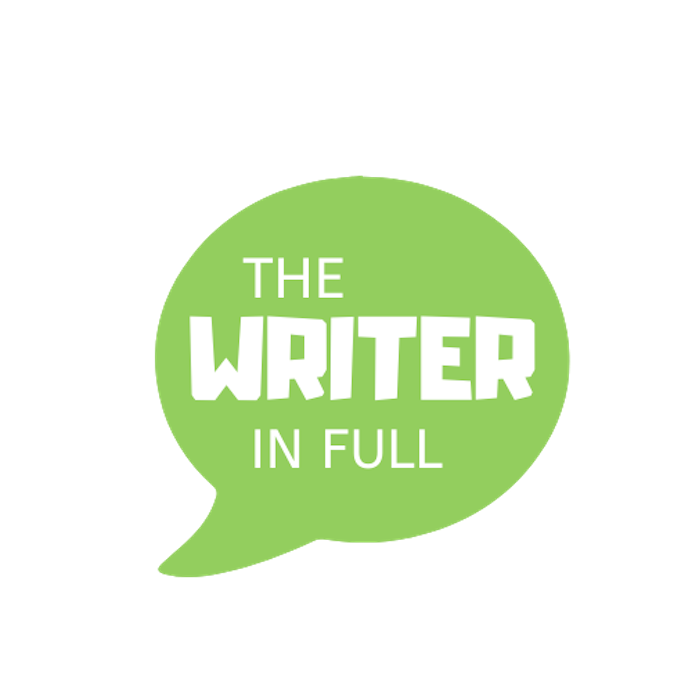How Much Do Word Counts Actually Count?
Why are we as writers so obsessed with word counts?
Apps, Bullet Journal trackers, elaborate color-coded spreadsheets, Facebook accountability groups — When it comes to measuring our daily writing successes (or failures), word counts seem practically ascendant.
But here’s the thing: Sometimes, your word count doesn’t measure anything except… your word count.
You certainly can’t draw a direct line between the number of characters punched out over the course of a day or a year and your relative chances of success.
Yes, word counts measure diligence and discipline. They prove you came to your writing space, you sat down there, and you tried. And those efforts do add up.
But as any writer who has been reduced to tears after an hour-plus spent arranging and rearranging a single irascible sentence or paragraph can attest (any journalists out there feel me?), not all words — or word counts — are created equal.
Some strings of words simply don’t come easy. Some things you’ll write will require great planning and endless retooling before you achieve the desired mood or effect. And some experiences are so incredibly hard to wrestle into the flat plane of language that you eventually abandon the task altogether.
Likewise, you can pound out thousands of words an hour, but if they aren’t the right words, if they don’t strike anyone else as intelligible or interesting, then you haven’t really accomplished much.
I’m thinking here of Truman Capote’s withering critique of Jack Kerouac’s habit of writing fast and never looking back at anything once he’d gotten it down on paper: To paraphrase Capote, that’s not writing; it’s typing. (For a fun discussion on the history of this particular writer-to-writer burn, check out https://quoteinvestigator.com/2015/09/18/typing/.)
Now, I love me some Jack Kerouac, so perhaps he’s a poor example, because his shit is just brilliant, to my mind.
I’m also not hating on clearly stated, easily measurable goals. They are useful!
But there’s more to the sumtotal of your efforts than the number of vowels and consonants you leave spinning in your wake.
And rising to the challenge of the work ahead of you will require more than quick fingers and a prolific churn of word soup. It requires heart, and the willingness to return, over and over, to the work you’ve already done, with an eye for making it better.
That’s true, however fast or slow you manage to type. (Sorry, Jack!)
And as Voltaire rather more charitably observed, “Language is so hard to put into words.”
So go easy on yourself, and please don’t be a dick about it if others get their brilliant (or less brilliant) conceptions down on paper in a faster manner than you. Writing, typing, scribbling, scrabbling — whatever you decide to call it — it’s all hard work.





